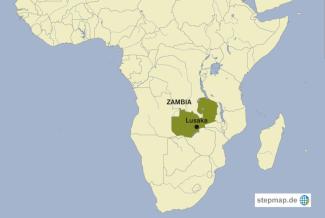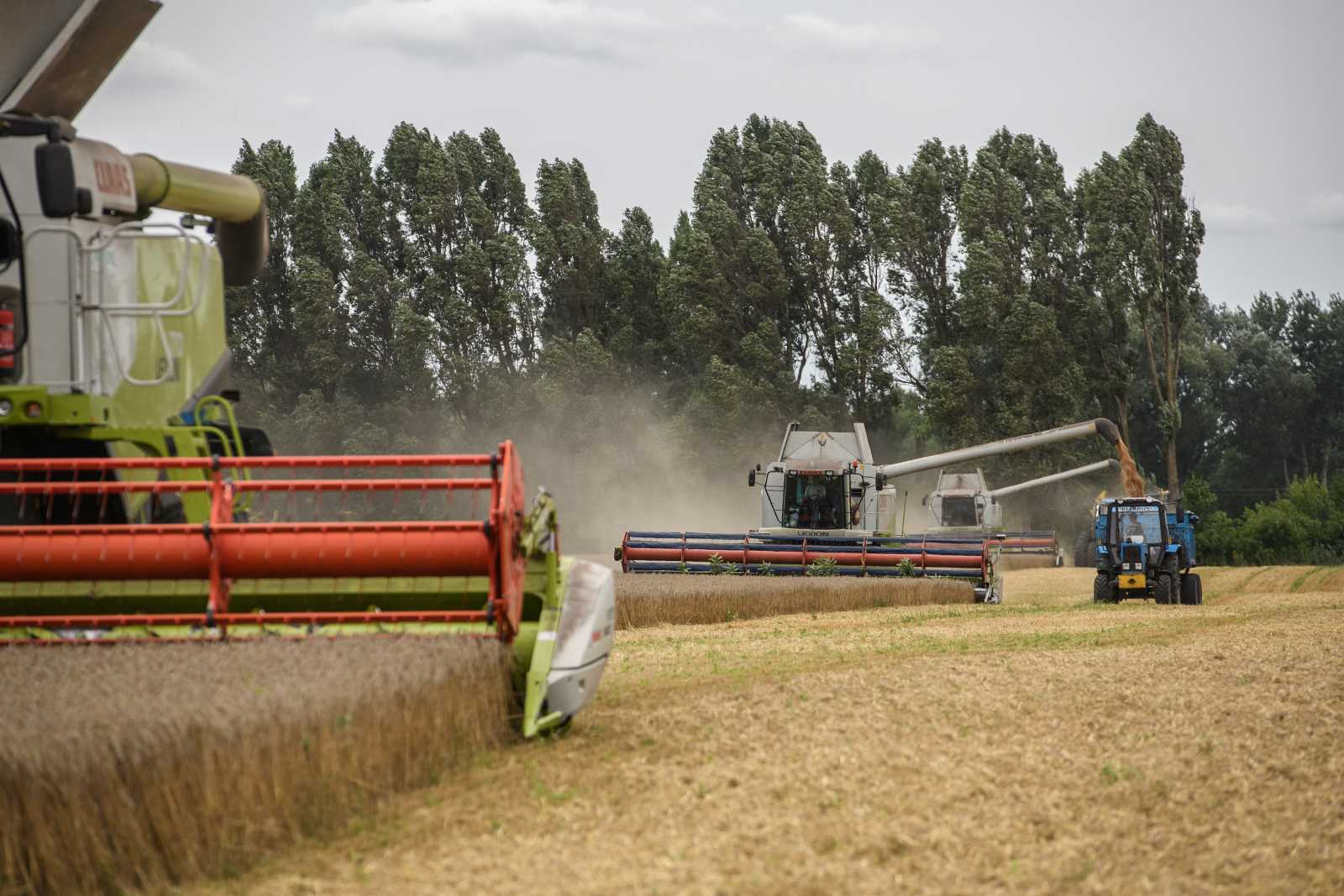Food security
Pest exacerbates poverty

Zambian farmers are in a dire situation. All over Southern Africa, a maize pest – the so-called “armyworm” – has devastated large parts of the harvest. It was first identified in Africa in 2016 (see my article in D+C/E+Z e-Paper 2017/04, p. 11). The Zambian Ministry of Agriculture estimates that armyworms destroyed 124,000 hectares of cultivated maize fields in its country alone. It is the staple food crop.
Farmers spent a lot of money during the current farming season: they had to replant maize after fields were attacked by the pest, they applied more fertiliser after replanting, and additional labour costs occurred. Some farmers could not realise full production, which also contributed to losses.
Low maize prices aggravate the farmers’ predicament: this year, the governmental Food Reserve Agency (FRA) of Zambia pegged the price of maize at 60 Zambian Kwacha ($ 6.74) for 50 kilogrammes. Last year, when Zambia held general elections, the price was 85 Kwacha, equalling $ 9.55. According to the Zambia National Farmers’ Union (ZNFU), the estimated break-even point for this marketing season was 75 Kwacha or $ 8.42 for 50 kilogrammes of maize. This means that farmers now get too little money for their harvests for subsistence.
Damaless Namutegu Simwela, a female farmer in Chililabombwe on the Congolese border in Zambia’s Copperbelt Province, says that she couldn’t recover her costs from selling maize because the price was so low. She claims that although the government provided fertiliser under the Farmer Input Support Programme, “delivery of basal dressing was done late as it was distributed together with top dressing.” Simwela complains: “We also paid for chemicals to fight the armyworms before the government distributed chemicals free of charge.”
According to Simwela, some farmers will have no income at all because their maize fields were completely destroyed by armyworms. “They may not have enough money to pay for their children’s school fees and for fertiliser and seed for the coming farming season.”
The low maize prices in the current marketing season will translate into more poverty in rural areas, where most of the people depend on seasonal income from maize. An estimated 76.6 % of the people in Zambia’s rural areas are poor.
Humphrey Nkonde is a journalist and media researcher based in Ndola, Zambia.
zpeopleandplaces@gmail.com











